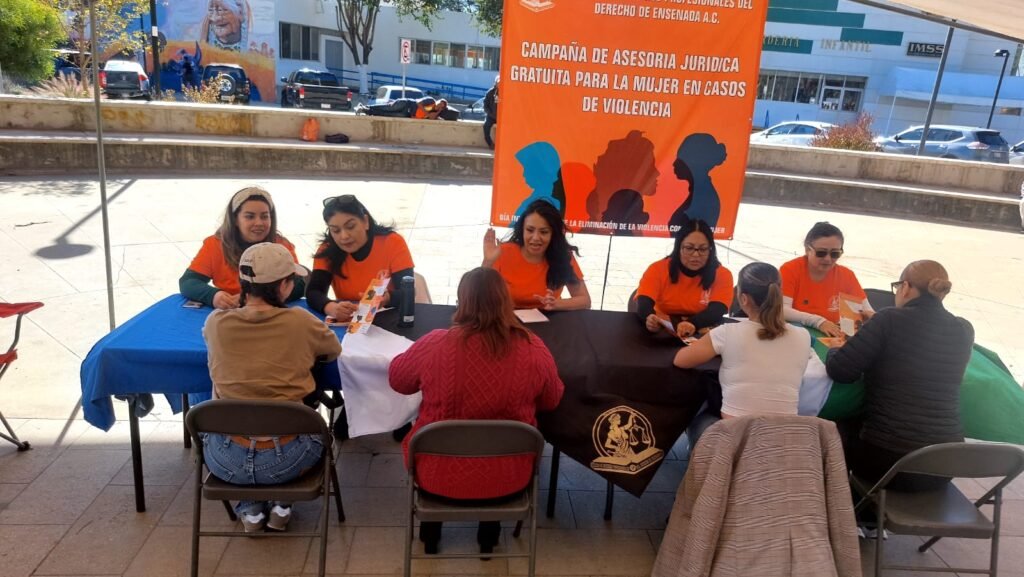Baja California loves a good reinvention. Sometimes it arrives as a new wine label in the Valle or a shiny bypass road that “almost” reduces traffic. Yet lately, the biggest shift isn’t on asphalt or vineyard soil. It’s happening in homes, cafés, and digital storefronts. Women are reshaping Mexico’s economy, and Baja is wide awake for it.
The Surge of Mexico’s Women Entrepreneurs
Across the country, 6.8 million women now run businesses the Economic Development Council of Ensenada (CODEEN) reports that this represents almost a third of working women in Mexico. The catch is clear: 82% operate informally, which limits their access to credit, legal protection, and expansion.
Even so, the momentum keeps growing.
According to the ENDUTIH survey, 5.5 million women sold online in 2022. That’s a 60% increase since 2019. For the first time, Mexico has more women than men selling online, powered by phones, hustle, and the patience to restart the modem when Telmex misbehaves.
Meanwhile, the number of digital women entrepreneurs jumped from 690,000 in 2019 to 1.2 million today. Most are between 20 and 54 years old, and 91% live in urban areas, where the Wi-Fi and customers keep life interesting.
Why Baja Benefits More Than Most
Baja thrives on a mix of tourism, tech, industry, wine, and border trade. This blend creates fertile ground for women who want to build something new.
Local women lead restaurants, wineries, logistics companies, law firms, and digital shops. Many live in Mexico but sell to U.S. clients. It’s a rare advantage, like keeping your pesos, earning in dollars, and surviving both with instant coffee.
Mexico now ranks 11th of 49 economies in women’s entrepreneurship, with 16.1% of adult women creating businesses. That places us ahead of the United States. Yes, Baja, we can brag.
Still, the informal economy remains a heavy anchor. Women in the formal sector earn 2.5 times more than informal entrepreneurs. That gap slows growth and blocks access to bigger markets.
A Growing Threat: Digital Violence
As women expand their presence online, the risks around them expand too. For that reason, the Colegio de Mujeres Profesionales del Derecho de Ensenada A.C. launched the local edition of the “16 Days of Activism Against Gender Violence.”
Their focus this year is digital violence, a growing concern recognized by the United Nations for 2025.

According to its president, Wendy Cysivianca Pringle, digital violence includes harassment, threats, identity theft, and the non-consensual sharing of intimate content — including AI-generated images. These attacks target women and girls more often, and they carry emotional, legal, and financial consequences.
The College held its first activity at Parque Revolución with a free legal-advice clinic for women facing violence. It wasn’t ceremonial; it was practical, direct, and needed.
Entrepreneurship Requires Protection Too
Women who sell online depend on trust. Each review, DM, and customer interaction matters. Because of that, they are also more exposed to digital aggression.
The College reminds the public that every action online leaves a trace. It encourages responsible digital behavior and calls on the community to act as allies, not spectators. In Baja, where so much business happens through social media, that message matters.
A New Era for Women in Baja
Women are building businesses. Women lawyers are defending them. And Baja stands exactly where both movements intersect.
As if the moment needed another spark, México just earned a global crown: Fátima Bosch, our Miss Mexico, became Miss Universe on November 23, 2025—a fitting reminder that powerful women are everywhere right now.
Baja’s future looks more feminine, more connected, and more unstoppable than ever.
No Bad News.




1 Comment